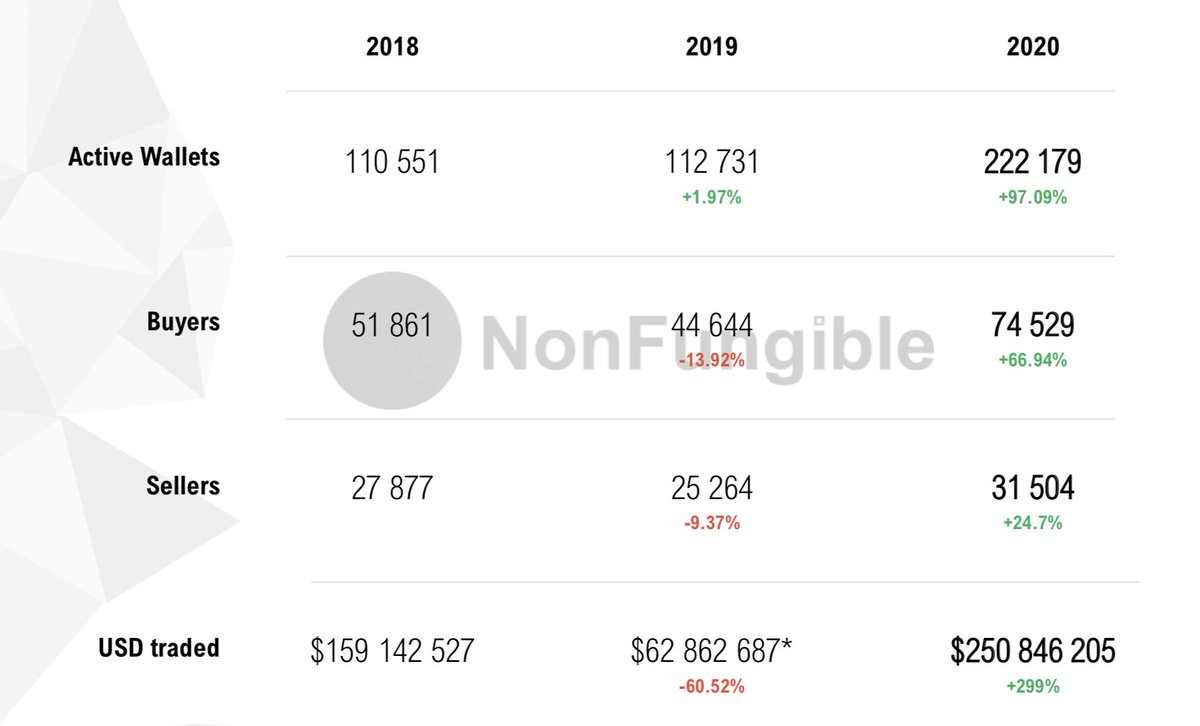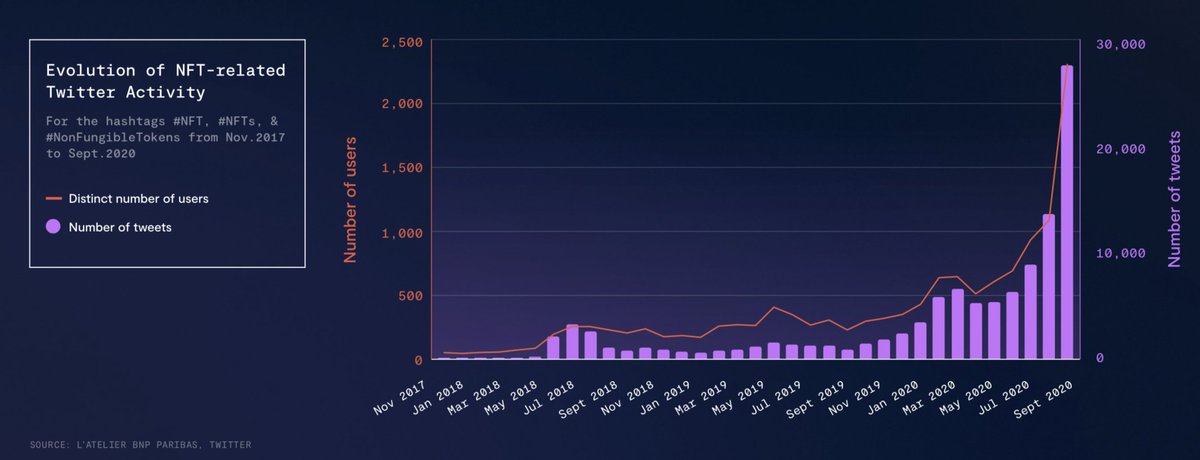🧵While we in Fintech are Hoping for Challenger/Neo Banking Licences from RBI. Let's understand more about Small Finance Bank and from their success, try to see if a balance between Profitability (for business) and Financial Inclusion (for RBI) can be made for future usecase?👇
1. Priority Sector Lending (75% of their total lending) and 2. Branches for Unbanked (SFB were required to have 25% of their branches in rural unbanked centres (population shall be less than 10,000)
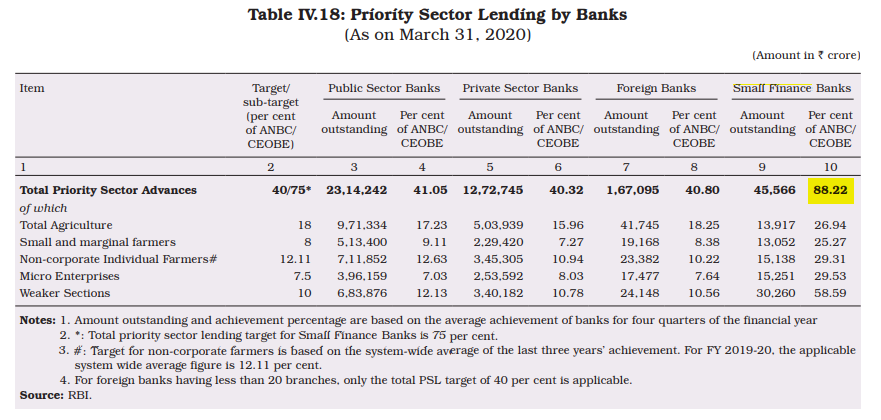
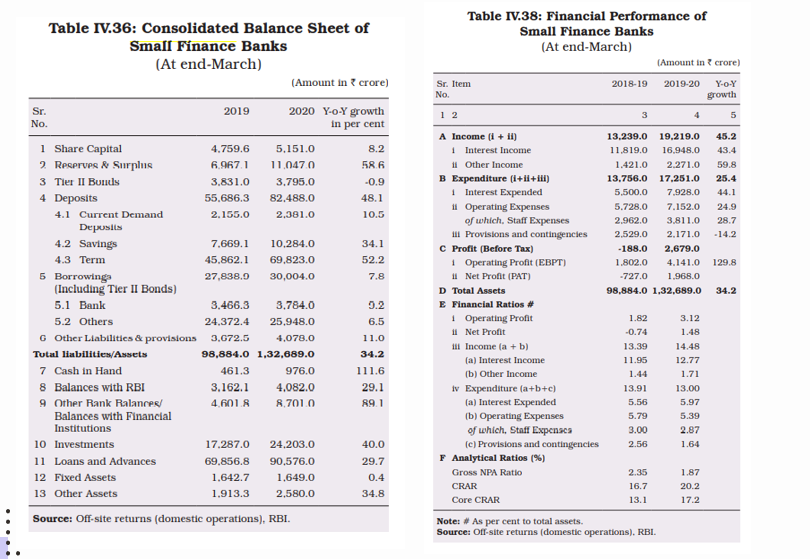
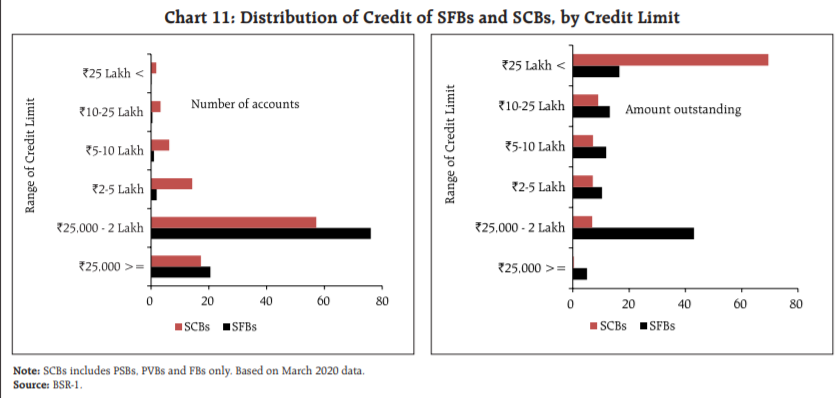
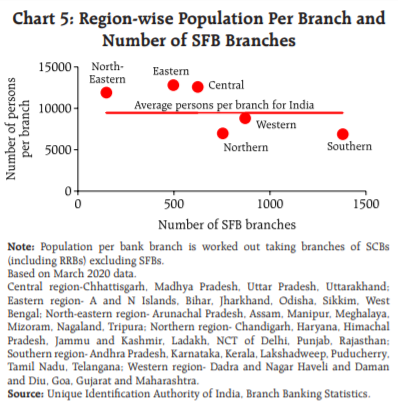
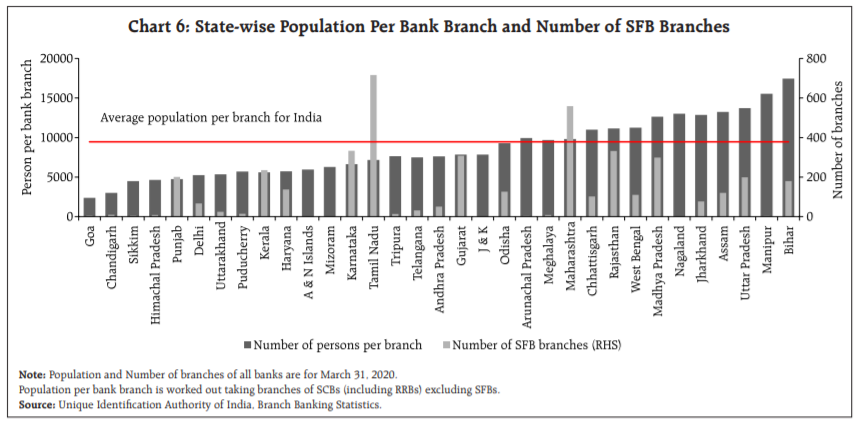
More from Business
A solo media founder like Rogan or Mr Beast can make as much money as a strong tech founder, with significantly less managerial stress.
Tech created this ecosystem but there’s a historical cultural bias in tech towards media as unprofitable. That changed a long time ago.
Many more angels that invest in people will invest in media founders. Many traditional media people will *become* media founders.
But not necessarily big companies. Just solo individuals or small groups doing content, like Notch doing Minecraft. Because media scales like code.
Increasingly feeling like “keeping the team size as small as possible, even to one person” is the unarticulated key to making media profitable.
Substack and all the creator tools are just the start of this ecosystem.
The process of converting social influencers into media founders (a trend that has been going on for 10+ years at this point) will be increasingly streamlined.
V1 is link-in-bio, Substack, and sponcon.
V2 likely involves more angels & tokenization a la @tryrollhq. What else?
Why lack of awareness? Influencer monetization numbers are not as public as tech numbers.
There isn’t a TechCrunch & CrunchBase for media founders, chronicling the valuations of influencers.
But that’d be quite valuable. If you are interested in doing this, please DM with demo.
Tech created this ecosystem but there’s a historical cultural bias in tech towards media as unprofitable. That changed a long time ago.
Many more angels that invest in people will invest in media founders. Many traditional media people will *become* media founders.
But not necessarily big companies. Just solo individuals or small groups doing content, like Notch doing Minecraft. Because media scales like code.
Increasingly feeling like “keeping the team size as small as possible, even to one person” is the unarticulated key to making media profitable.
Substack and all the creator tools are just the start of this ecosystem.
Useful concept: the media stack for content creators
— balajis.com (@balajis) January 20, 2020
- Spotify, iTunes for podcasts
- Descript for podcast editing
- Figma, Canva for graphics
- YouTube for video
- Twitter, FB for distribution
- Substack for newsletters
- Makerpad for nocode
- Ghost, Medium for blog
What else?
The process of converting social influencers into media founders (a trend that has been going on for 10+ years at this point) will be increasingly streamlined.
V1 is link-in-bio, Substack, and sponcon.
V2 likely involves more angels & tokenization a la @tryrollhq. What else?
Why lack of awareness? Influencer monetization numbers are not as public as tech numbers.
There isn’t a TechCrunch & CrunchBase for media founders, chronicling the valuations of influencers.
But that’d be quite valuable. If you are interested in doing this, please DM with demo.
You May Also Like
Ivor Cummins has been wrong (or lying) almost entirely throughout this pandemic and got paid handsomly for it.
He has been wrong (or lying) so often that it will be nearly impossible for me to track every grift, lie, deceit, manipulation he has pulled. I will use...

... other sources who have been trying to shine on light on this grifter (as I have tried to do, time and again:
Example #1: "Still not seeing Sweden signal versus Denmark really"... There it was (Images attached).
19 to 80 is an over 300% difference.
Tweet: https://t.co/36FnYnsRT9

Example #2 - "Yes, I'm comparing the Noridcs / No, you cannot compare the Nordics."
I wonder why...
Tweets: https://t.co/XLfoX4rpck / https://t.co/vjE1ctLU5x

Example #3 - "I'm only looking at what makes the data fit in my favour" a.k.a moving the goalposts.
Tweets: https://t.co/vcDpTu3qyj / https://t.co/CA3N6hC2Lq

He has been wrong (or lying) so often that it will be nearly impossible for me to track every grift, lie, deceit, manipulation he has pulled. I will use...

... other sources who have been trying to shine on light on this grifter (as I have tried to do, time and again:
Ivor Cummins BE (Chem) is a former R&D Manager at HP (sourcre: https://t.co/Wbf5scf7gn), turned Content Creator/Podcast Host/YouTube personality. (Call it what you will.)
— Steve (@braidedmanga) November 17, 2020
Example #1: "Still not seeing Sweden signal versus Denmark really"... There it was (Images attached).
19 to 80 is an over 300% difference.
Tweet: https://t.co/36FnYnsRT9

Example #2 - "Yes, I'm comparing the Noridcs / No, you cannot compare the Nordics."
I wonder why...
Tweets: https://t.co/XLfoX4rpck / https://t.co/vjE1ctLU5x

Example #3 - "I'm only looking at what makes the data fit in my favour" a.k.a moving the goalposts.
Tweets: https://t.co/vcDpTu3qyj / https://t.co/CA3N6hC2Lq










